 Even in the midst of this plague and the terrible death of so many beautiful people, most of whom I had a crush on as a teenager, there is always humour and a sense of the creative transformation which makes this book a constant joy to read. Ricky’s descriptions are so apt, darkly funny and full of delicious gossip, you want to commit them to memory for re-use.
Even in the midst of this plague and the terrible death of so many beautiful people, most of whom I had a crush on as a teenager, there is always humour and a sense of the creative transformation which makes this book a constant joy to read. Ricky’s descriptions are so apt, darkly funny and full of delicious gossip, you want to commit them to memory for re-use.
Category: Memoir
The Archaeology of Memoir: A review of It’s No Puzzle: A Memoir in Artifact by Cris Mazza
 It’s No Puzzle: A Memoir in Artifact was a challenge to write and assemble with its vast cache of memorabilia. The publisher, Spuyten Duyvil Press, did an exemplary job of logistically formatting the book to its polished result. What Mazza uncovers explains her challenges even if it doesn’t quite resolve them.
It’s No Puzzle: A Memoir in Artifact was a challenge to write and assemble with its vast cache of memorabilia. The publisher, Spuyten Duyvil Press, did an exemplary job of logistically formatting the book to its polished result. What Mazza uncovers explains her challenges even if it doesn’t quite resolve them.
A review of A Brilliant Life by Rachelle Unreich
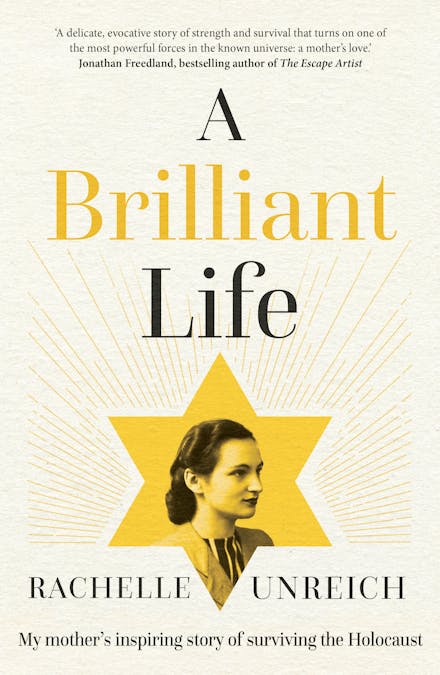 Unreich tells her mother’s story with an immediacy that feels close. Though Mira sees some of the worst of what human beings are capable of, she talks about her luck, and the goodness of people. Even in the midst of her worst hunger and bleakest moments, Mira never stops being a beacon of hope for those around her.
Unreich tells her mother’s story with an immediacy that feels close. Though Mira sees some of the worst of what human beings are capable of, she talks about her luck, and the goodness of people. Even in the midst of her worst hunger and bleakest moments, Mira never stops being a beacon of hope for those around her.
A review of The Best Minds by Jonathan Rosen
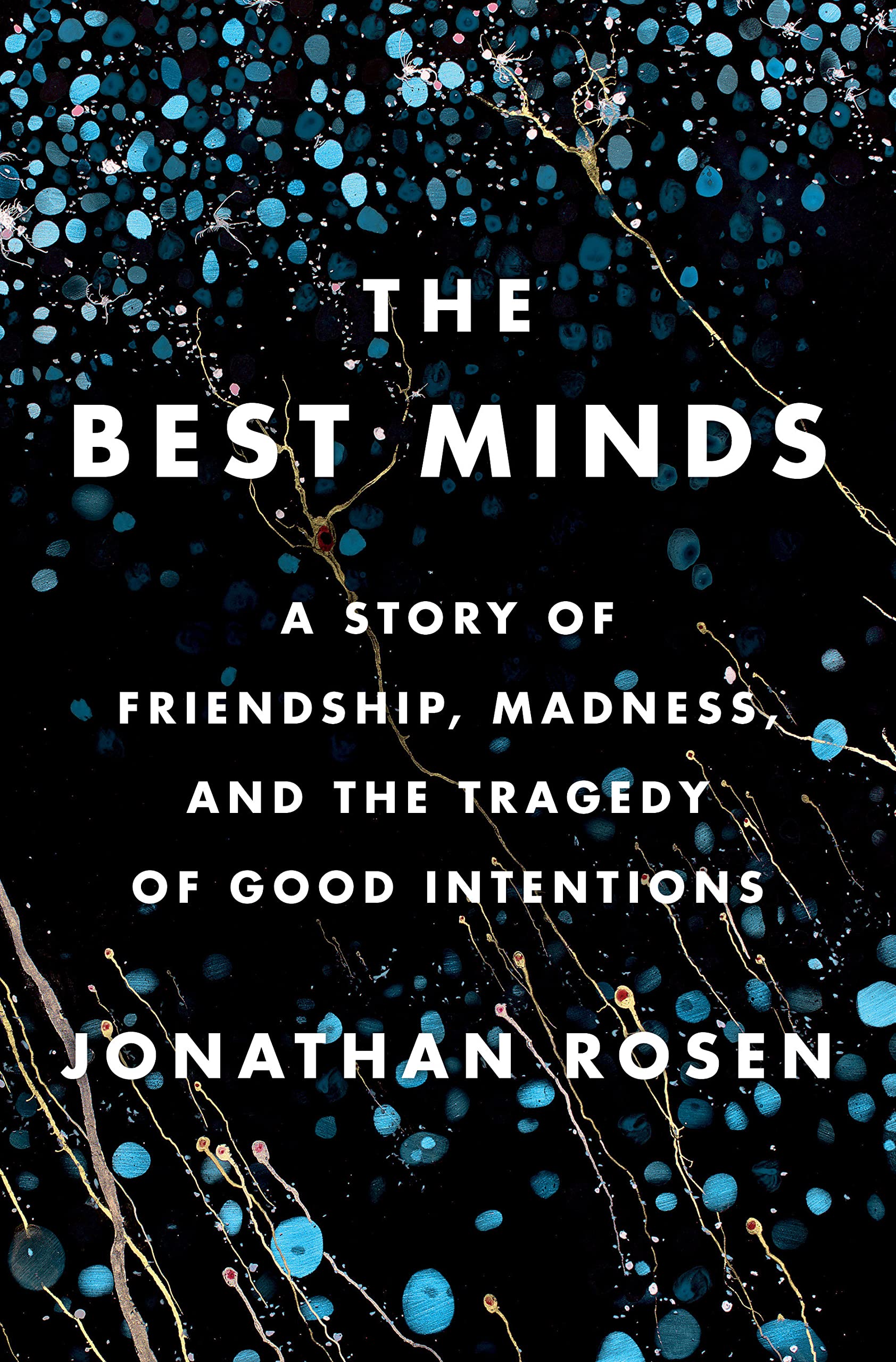 Jonathan Rosen became best friends with Michael Lauder at age ten. His outstanding new book, The Best Minds, offers an assiduously researched and compelling portrait of the man. It also raises questions about the responsibilities of friendship, and the human capacity for denial. Twenty-five years have elapsed since Lauder’s criminal unravelling, a span that has given Rosen space and time not only to research the people and ideas of this story, but to sift through his own complex feelings about Lauder and the path his life took.
Jonathan Rosen became best friends with Michael Lauder at age ten. His outstanding new book, The Best Minds, offers an assiduously researched and compelling portrait of the man. It also raises questions about the responsibilities of friendship, and the human capacity for denial. Twenty-five years have elapsed since Lauder’s criminal unravelling, a span that has given Rosen space and time not only to research the people and ideas of this story, but to sift through his own complex feelings about Lauder and the path his life took.
A review of Places We Left Behind by Jennifer Lang
 The basic plot of Places We Left Behind can be read and understood quickly, which Lang acknowledges with her handy timeline at the beginning. However, more thoughtful readings and re-readings allow for an appreciation of the full depth and grace of her journey and what it conveys about the meaning of Jewish practice and human relationships in general.
The basic plot of Places We Left Behind can be read and understood quickly, which Lang acknowledges with her handy timeline at the beginning. However, more thoughtful readings and re-readings allow for an appreciation of the full depth and grace of her journey and what it conveys about the meaning of Jewish practice and human relationships in general.
To Want and To Want: Desire in Shilo Niziolek’s Memoir Fever
 My reading experience of Fever was equivalent to gulping down water after a long run. I read it with haste and curiosity. I became fascinated by desire and the way Niziolek intellectualizes her vulnerability, placing her own story among the work of contemporary writers, like Sarah Manguso, Jay Ponteri, and Mary Oliver, among others.
My reading experience of Fever was equivalent to gulping down water after a long run. I read it with haste and curiosity. I became fascinated by desire and the way Niziolek intellectualizes her vulnerability, placing her own story among the work of contemporary writers, like Sarah Manguso, Jay Ponteri, and Mary Oliver, among others.
A review of Lady Director by Joyce Chopra
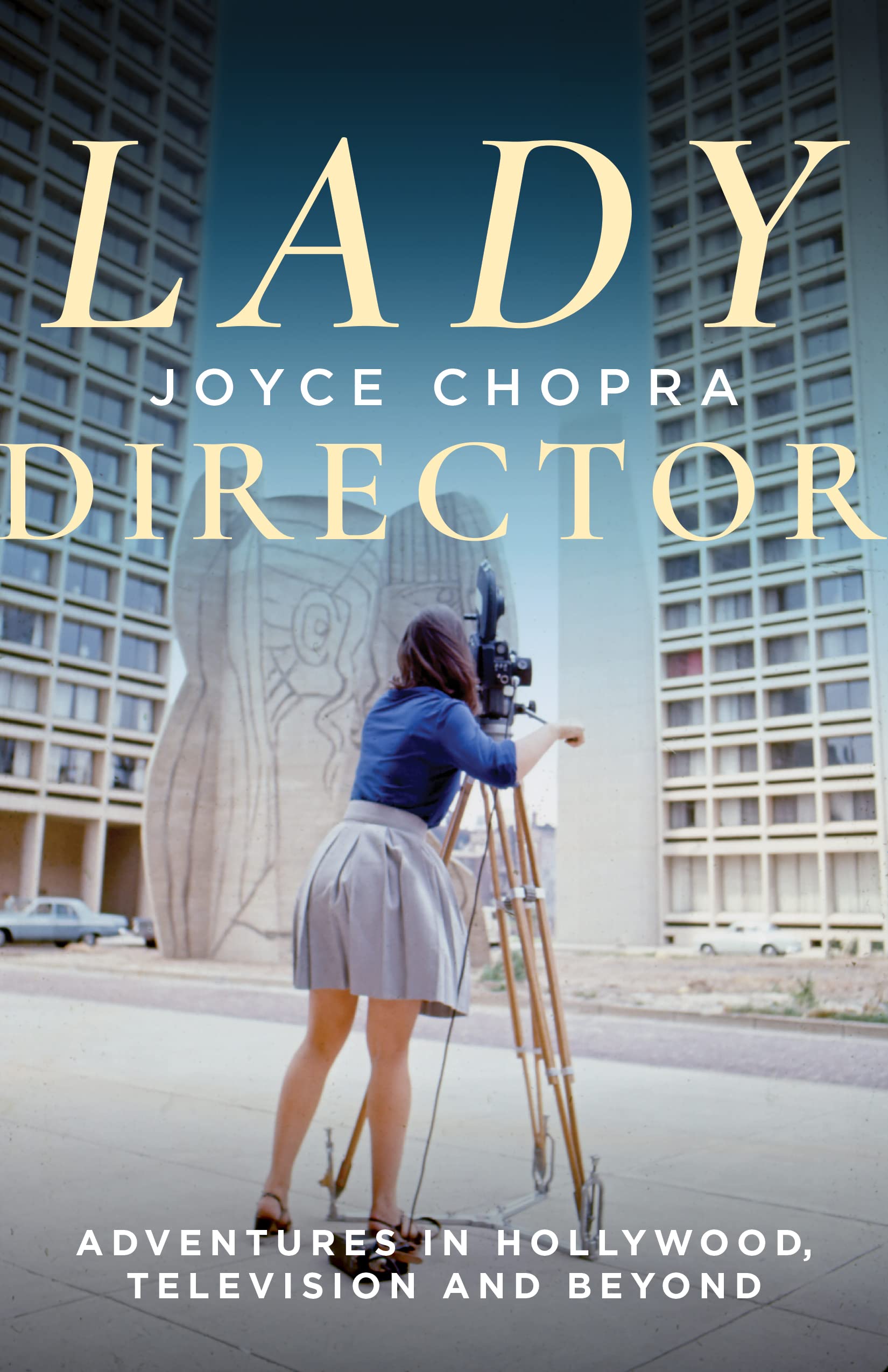 Only, how to break into the male-dominated world of film? Not that that was her explicit goal when she graduated, but one thing she did not want to do? “There weren’t many jobs available for a young woman of twenty-one with a degree in comparative literature,” she writes, but she didn’t want to become a secretary. If she did that, “I would irrevocably land on the slippery slope to nowhere.”
Only, how to break into the male-dominated world of film? Not that that was her explicit goal when she graduated, but one thing she did not want to do? “There weren’t many jobs available for a young woman of twenty-one with a degree in comparative literature,” she writes, but she didn’t want to become a secretary. If she did that, “I would irrevocably land on the slippery slope to nowhere.”
A review of American Seoul by Helena Rho
 A language constitutes a world; that idea is significant in Rho’s memoir. She goes into a Korean shop for lunch with her daughter, and a woman working there encourages her to speak Korean, as does a woman, a minister’s wife, with whom Rho talks on the phone about lessons in Korean for her daughter and son. Growing up, she didn’t speak Korean with her parents.
A language constitutes a world; that idea is significant in Rho’s memoir. She goes into a Korean shop for lunch with her daughter, and a woman working there encourages her to speak Korean, as does a woman, a minister’s wife, with whom Rho talks on the phone about lessons in Korean for her daughter and son. Growing up, she didn’t speak Korean with her parents.
A review of Our Laundry, Our Town by Alvin Eng
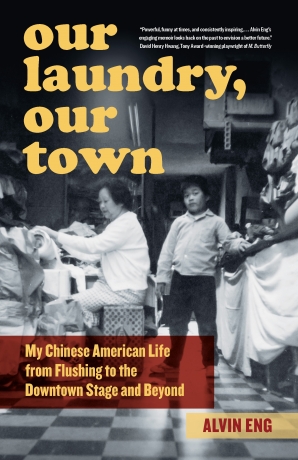 For Alvin Eng, a Chinese American punk rocker who is now an educator and a playwright, this has meant ‘a spiritual state of homelessness,” moving between the Foo J. Chin Chinese Hand Laundry and an American frame of reference. This reflective and personal narrative is his first memoir, and a change from his dramatic writing.
For Alvin Eng, a Chinese American punk rocker who is now an educator and a playwright, this has meant ‘a spiritual state of homelessness,” moving between the Foo J. Chin Chinese Hand Laundry and an American frame of reference. This reflective and personal narrative is his first memoir, and a change from his dramatic writing.
A review of How to Be Between by Bastian Fox Phelan
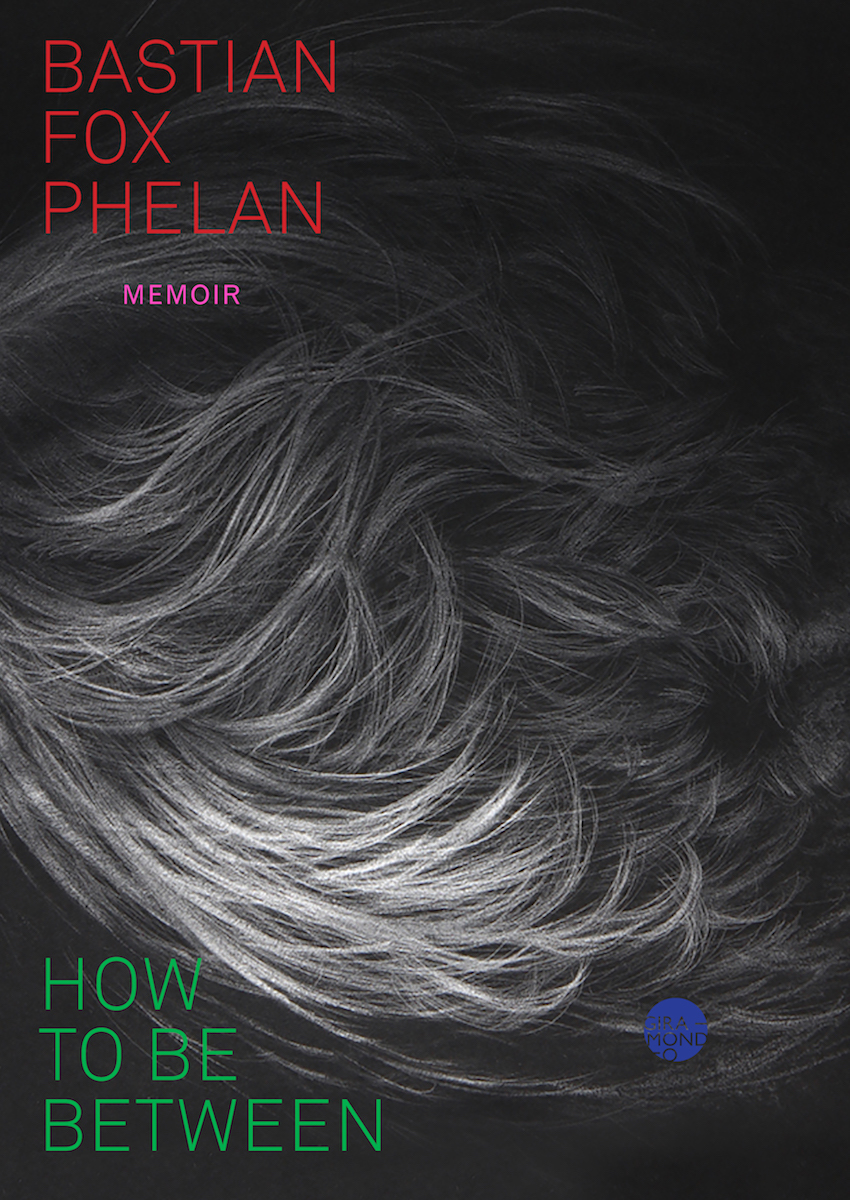 Bastian Fox Phelan’s memoir How to Be Between leans right into these societal norms, exposing them for the controlling mechanisms that they are, designed to make use feel chronically inadequate so we’re easier to sell to or control. These norms force an unnatural binary between male and female, attractive and unattractive, straight and queer. How to Be Between rejects these binaries and instead offers up the possibility of living a life without such constraints.
Bastian Fox Phelan’s memoir How to Be Between leans right into these societal norms, exposing them for the controlling mechanisms that they are, designed to make use feel chronically inadequate so we’re easier to sell to or control. These norms force an unnatural binary between male and female, attractive and unattractive, straight and queer. How to Be Between rejects these binaries and instead offers up the possibility of living a life without such constraints.